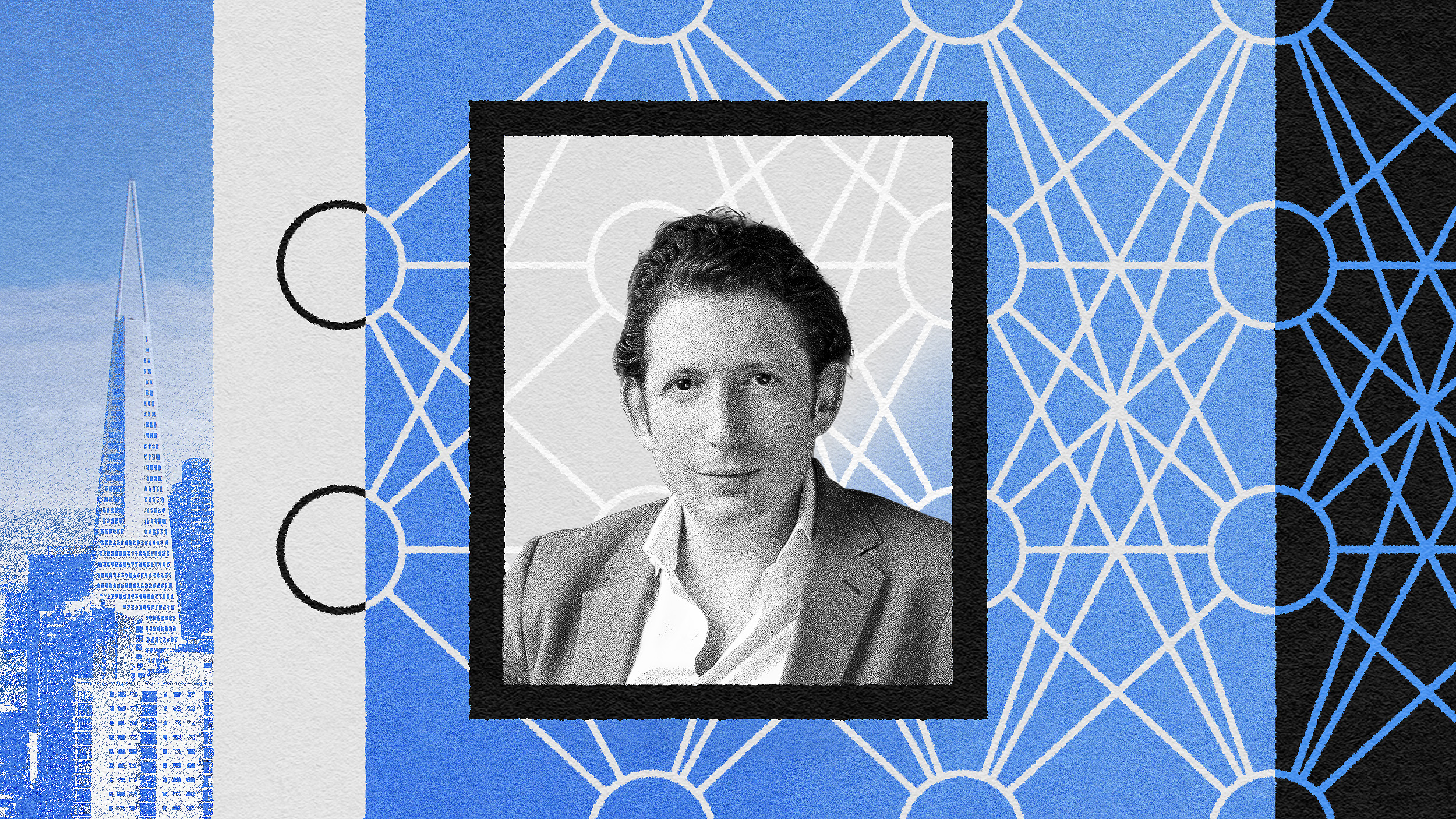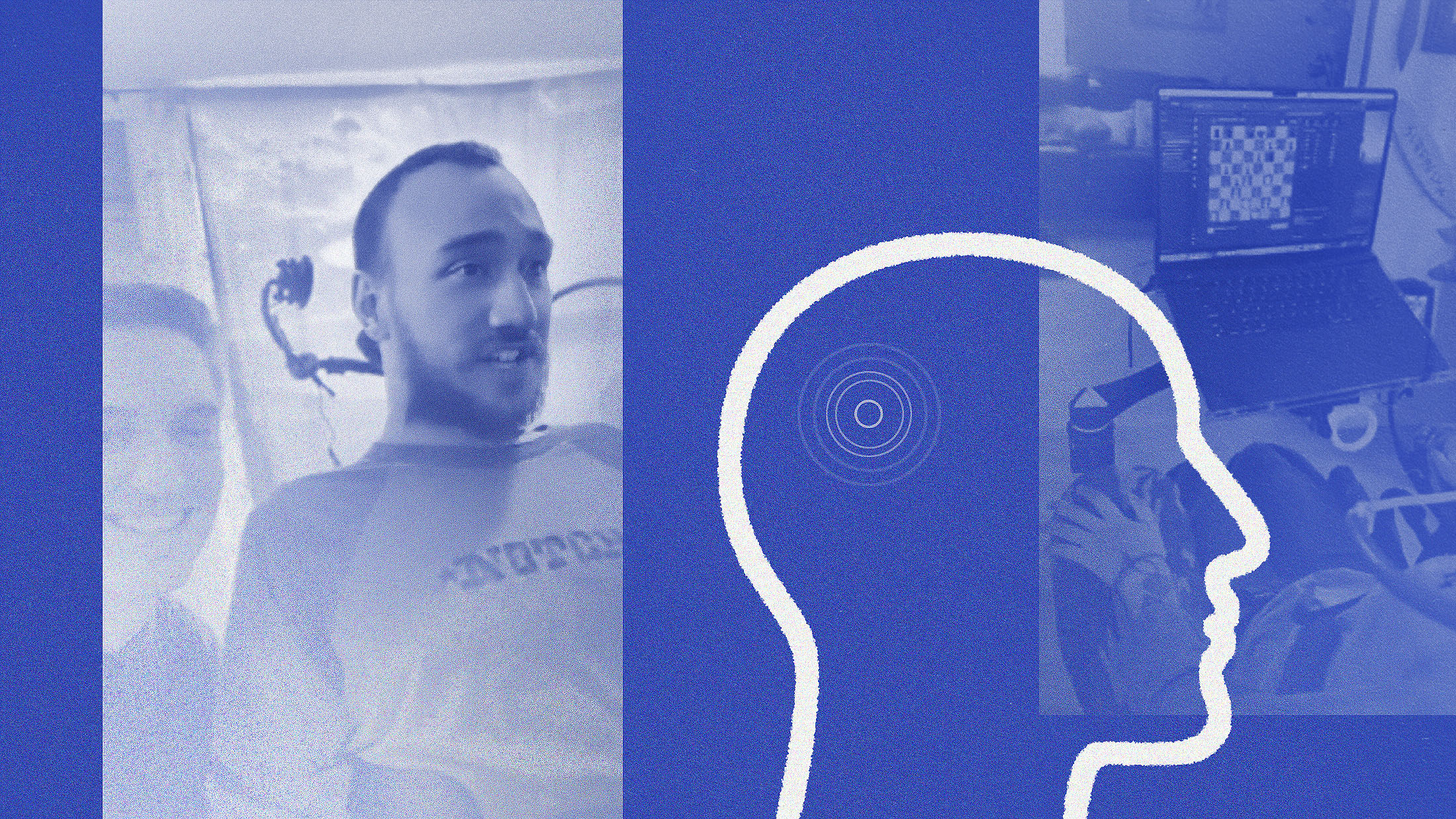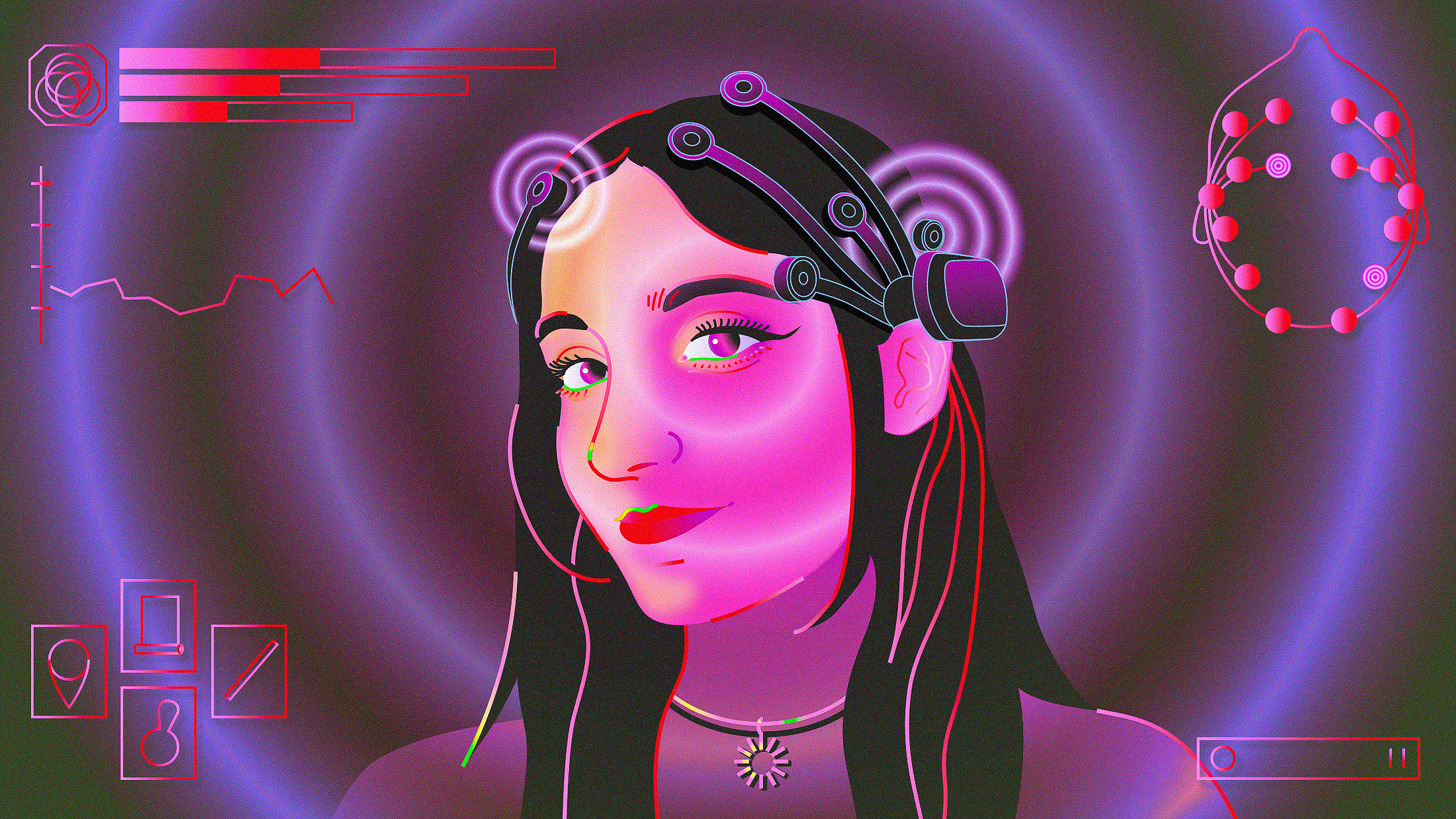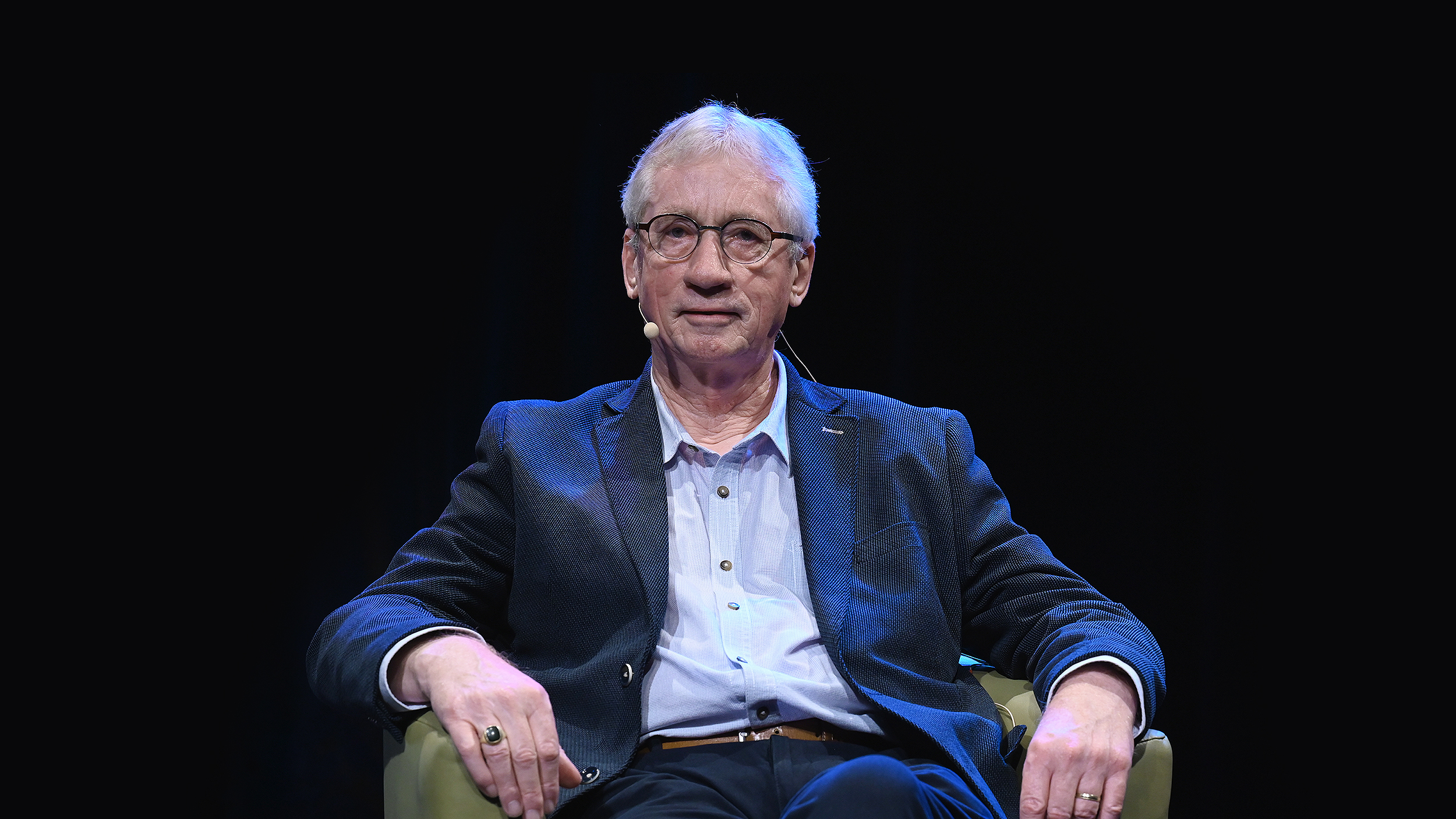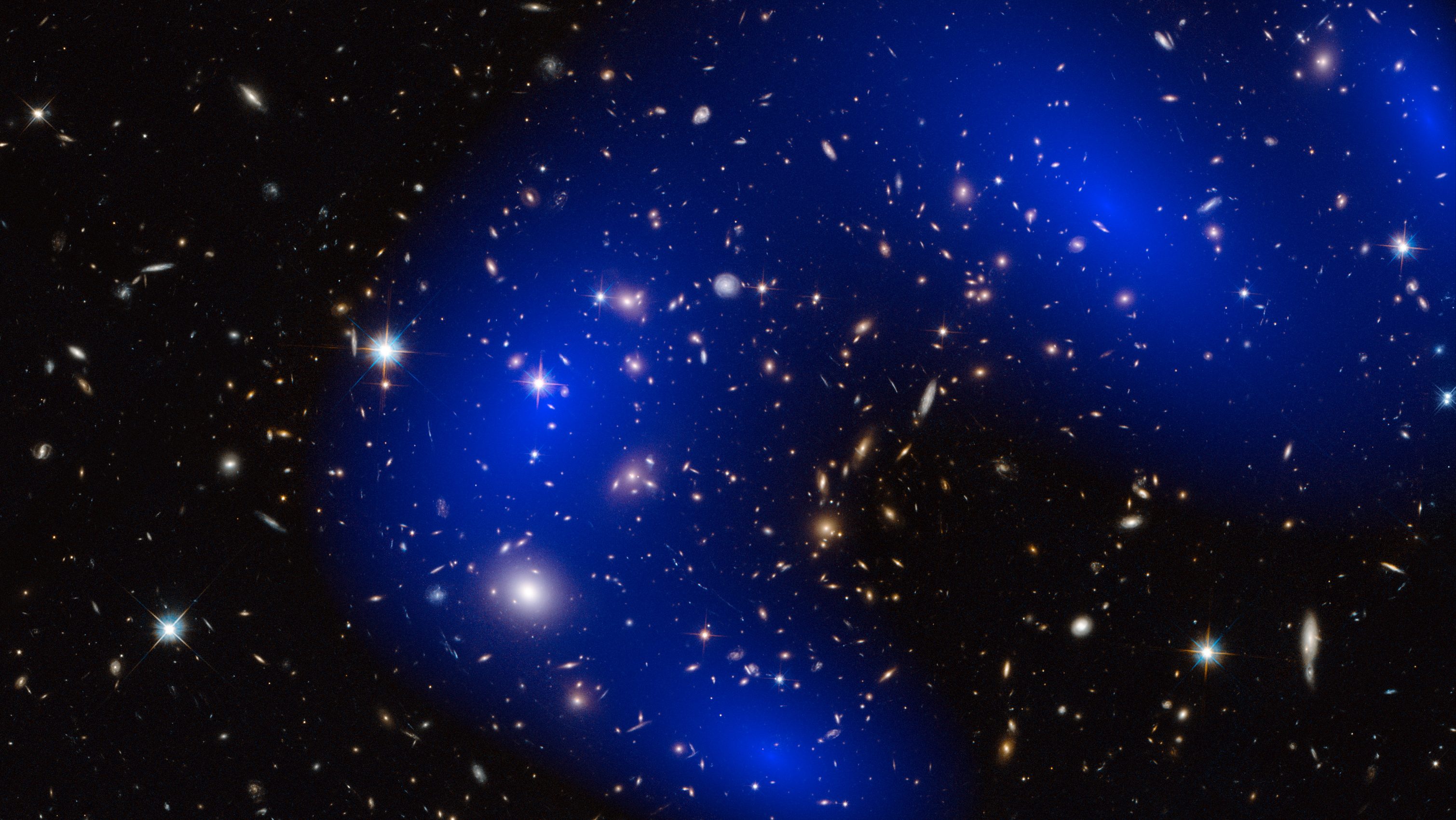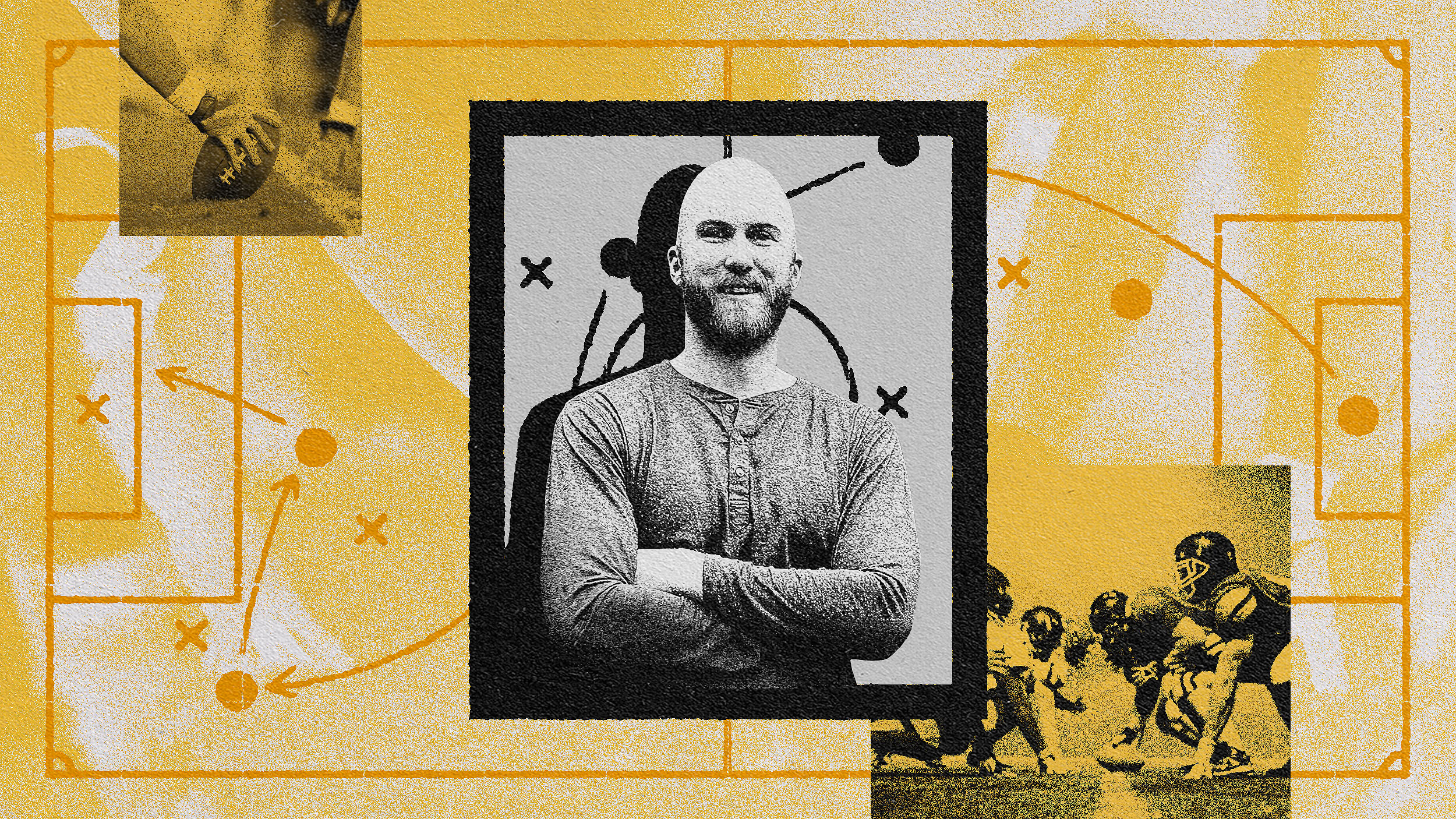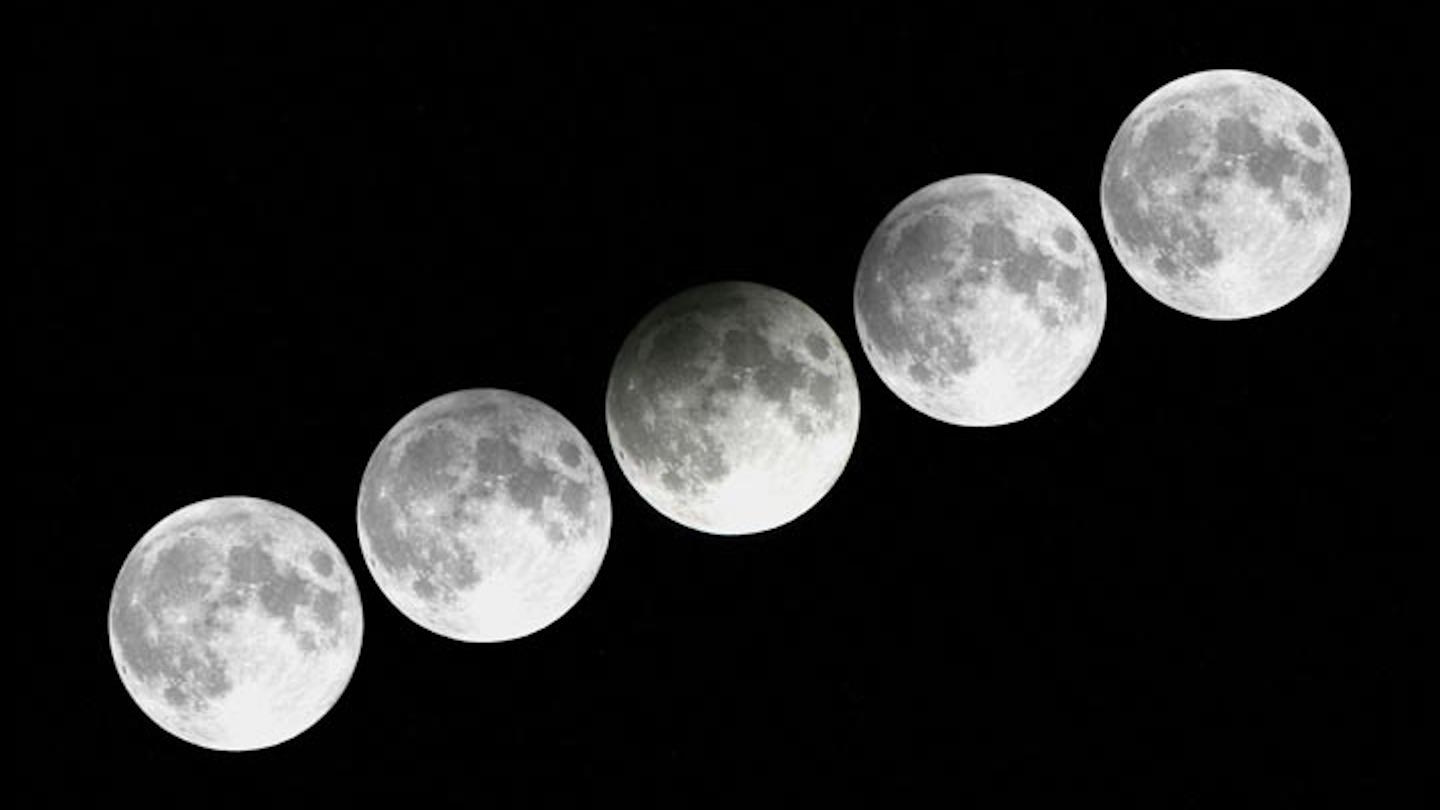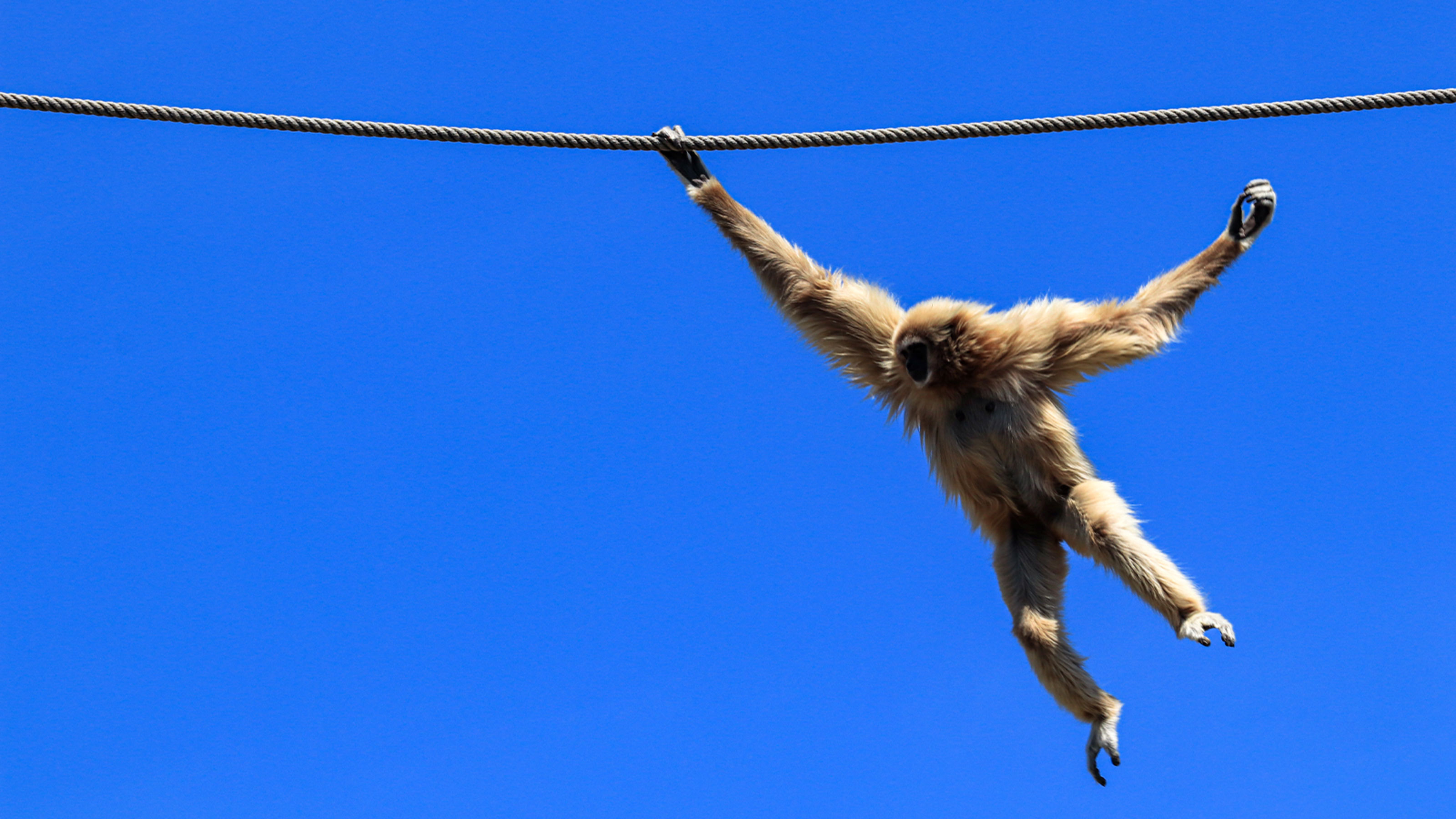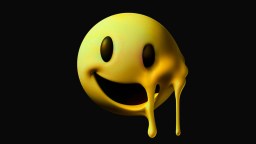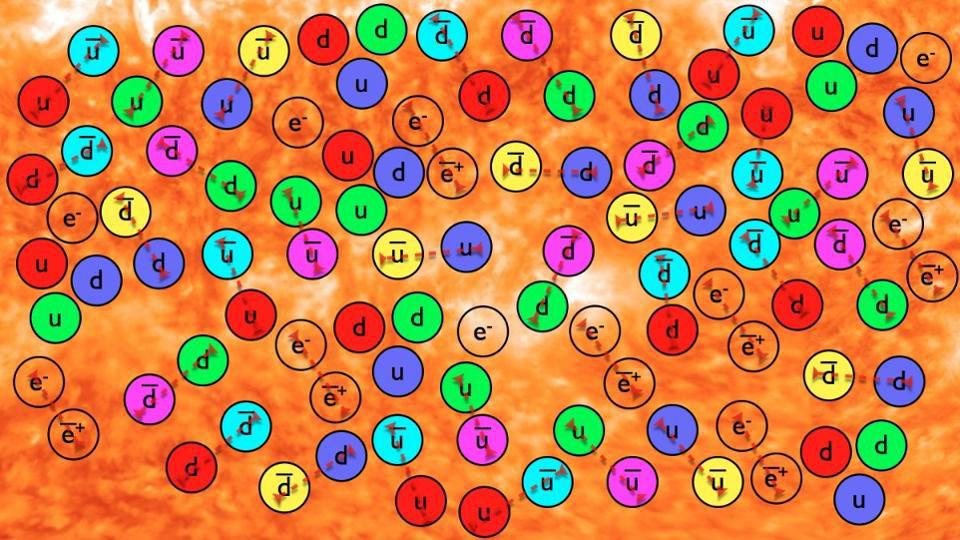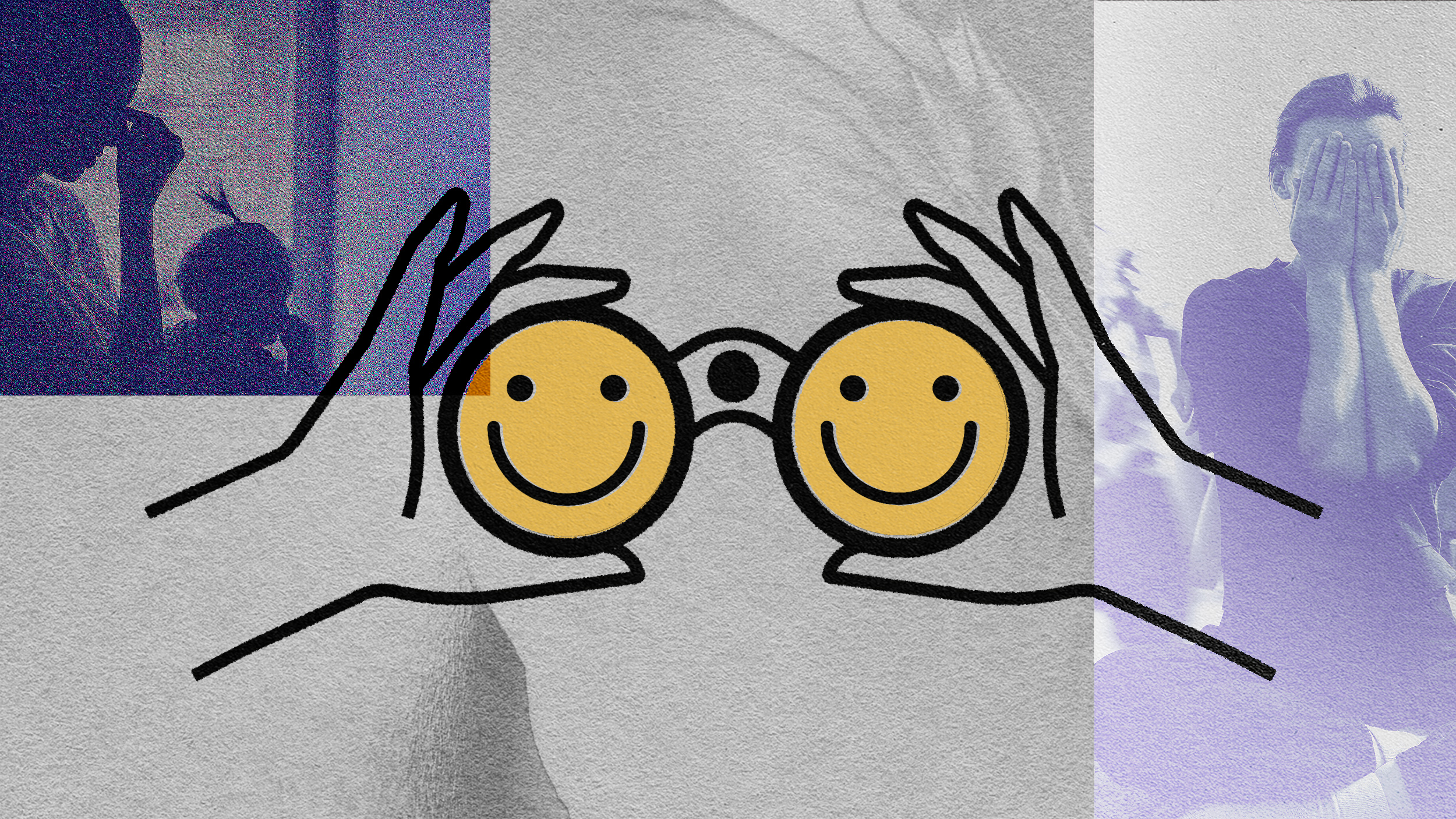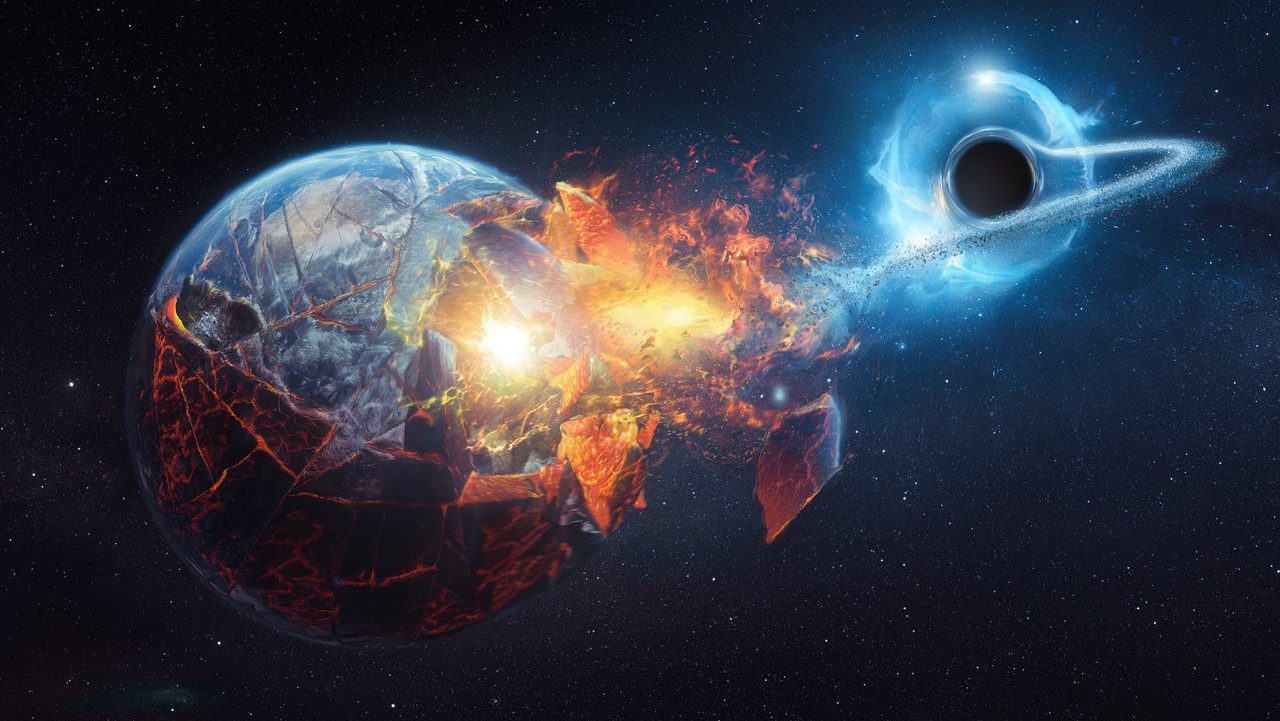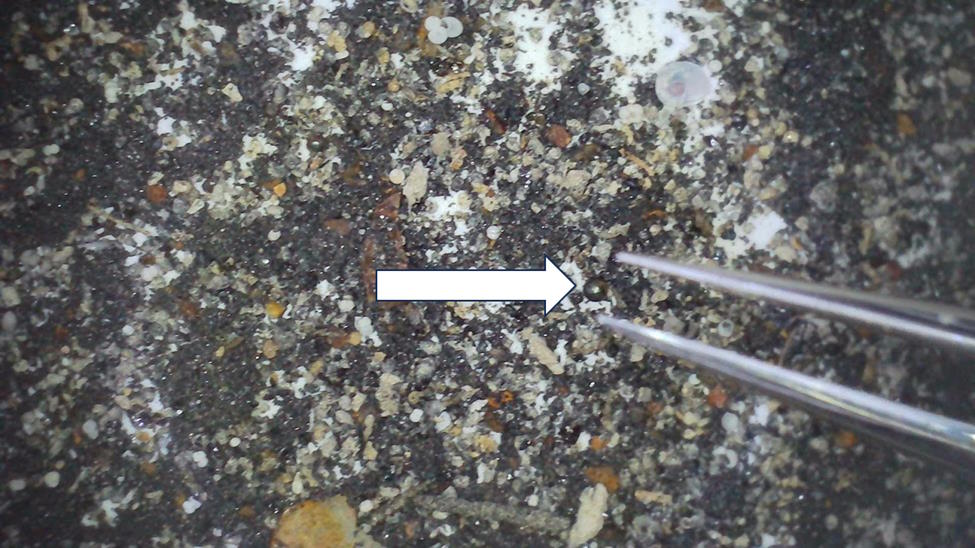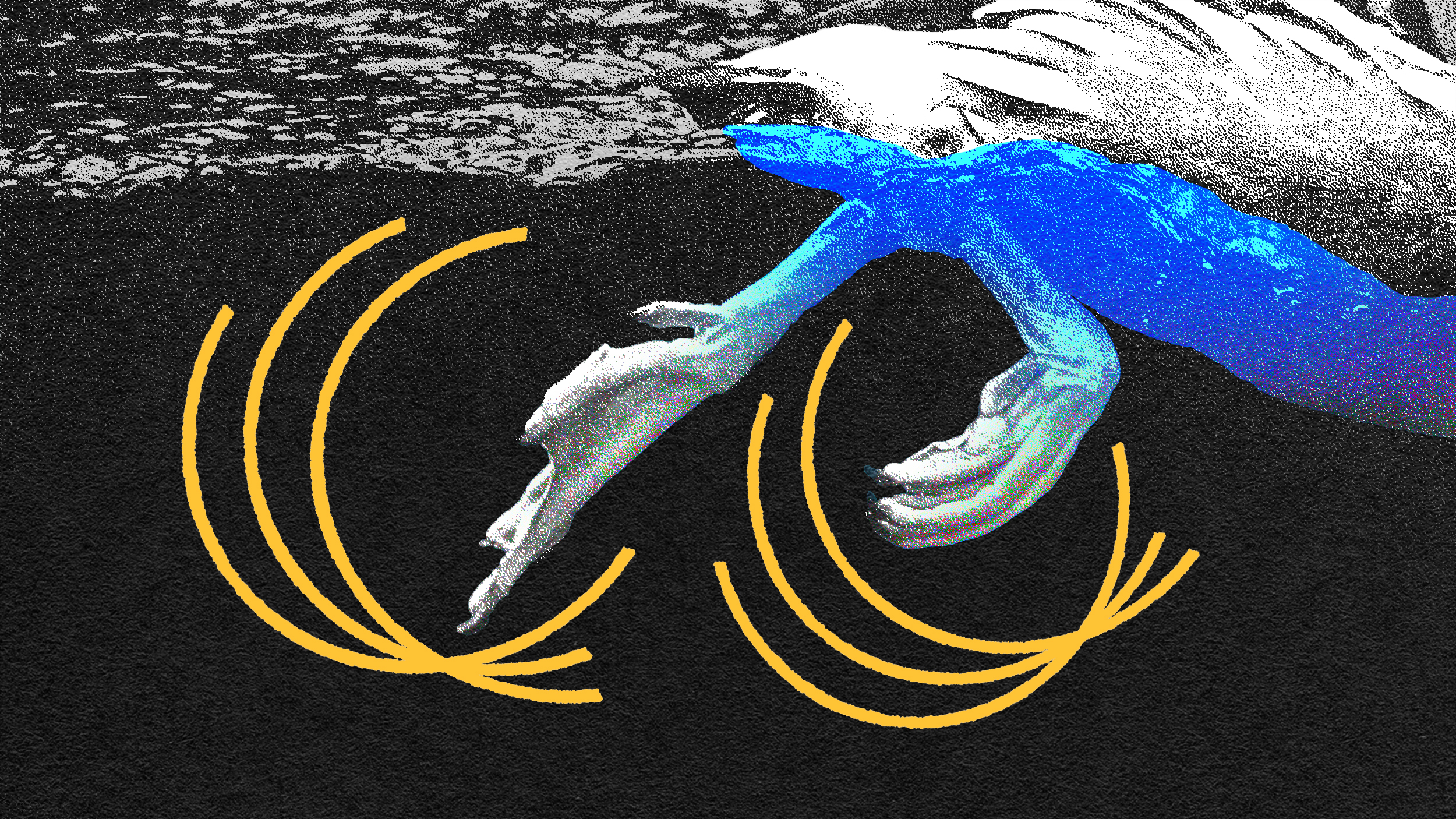Joseph Campbell argued that nearly every myth can be boiled down to a hero’s journey. Was he right?
Big Think talks to Konrad Feldman — founder of advertising tech innovator Quantcast.
There are only a precious few minutes of totality during even the best solar eclipses. Don’t waste yours making these avoidable mistakes.
If you guessed “staying up all night to play video games,” you’d be right.
Perrikaryal uses an EEG to translate her brain activity into beating bosses in “Elden Ring” and beyond.
His career helped define humanity’s place in the world by bringing us “a little closer” to our ape relatives.
There are a wide variety of theoretical studies that call our Standard Model of cosmology into question. Here’s what they really mean.
A college education currently provides roughly a 10% rate of return, beating the long-term performance of equities.
In logic, ‘reductio ad absurdum’ shows how flawed arguments fall apart. Our absurd Universe, however, often defies our intuitive reasoning.
A small Ohio town tried to escape America’s addiction to rectangular grids. It didn’t last long.
NASA’s only flagship X-ray telescope ever, Chandra, still works and has no planned successor. So why does the President want to kill it?
The truth may be out there — but it’s not in these close encounters of the third kind.
The Reitoff principle gives us permission to “write off” a day and intentionally step away from achieving anything.
Physicists just can’t leave an incomplete theory alone; they try to repair it. When nature is kind, it can lead to a major breakthrough.
The sober reality behind the effectiveness of two new drugs touted as Alzheimer’s breakthroughs: lecanemab and donanemab.
Eric Olson — CEO and co-founder of Consensus — takes his cues from the university of legendary coaches.
The least exciting of all eclipses, a penumbral lunar eclipse, foreshadows the spectacular show that April 8th’s total eclipse will bring.
Twin Health lets patients with diabetes see what’s happening inside their own body and can model each patient’s unique metabolism.
CRISPR study helps answer a question that has long puzzled scientists.
Harvard has conducted an 85-year-long study on what makes humans happy. Psychiatrist Robert Waldinger explains what they found.
▸
15 min
—
with
Or are cults the religions we find distasteful?
How would you feel about working like a Lutheran or a Cistercian?
You can only create or destroy matter by creating or destroying equal amounts of antimatter. So how did we become a matter-rich Universe?
Happiness is not a five-star holiday. It’s often the result of struggle — and asking for help, as author Stephanie Harrison recently told Big Think.
AI looks like a natural and inevitable fit for business coaching — but some humans are wary. Here are the pros and cons.
No matter how you define the end, including the demise of humanity, all life, or even the planet itself, our ultimate destruction awaits.
Memories aren’t mental recordings, but pliable information we can use to better manage the present and conjure future possibilities.
Pathologically busy people clamoring for happiness. Founder of HATCH Monica Parker explains how we can do so much better than that.
▸
6 min
—
with
Harvard astronomer Avi Loeb claimed to track down and find alien spherules on the ocean bottom. Here’s the sober truth.
When we view hard work as a sign of low aptitude, it harms our ability to learn and grow.

